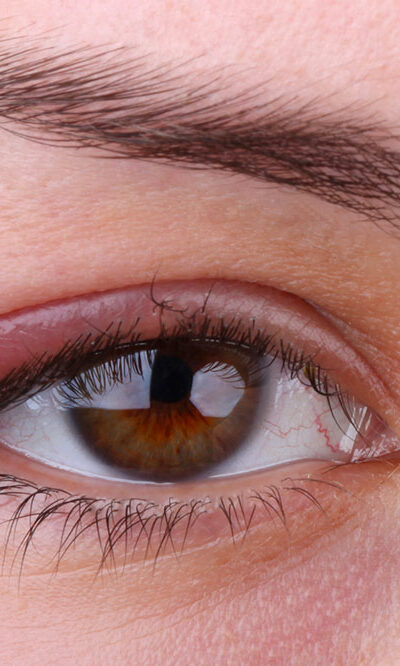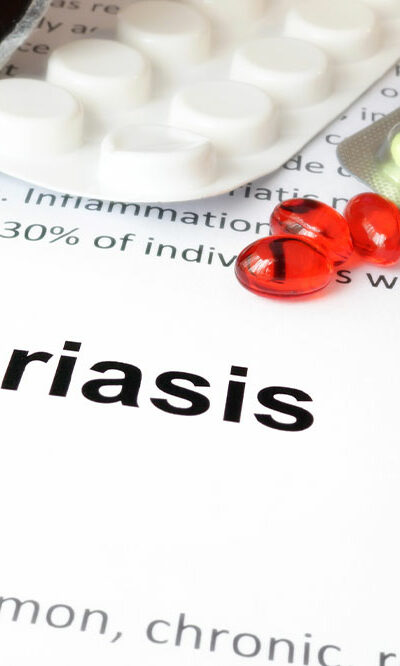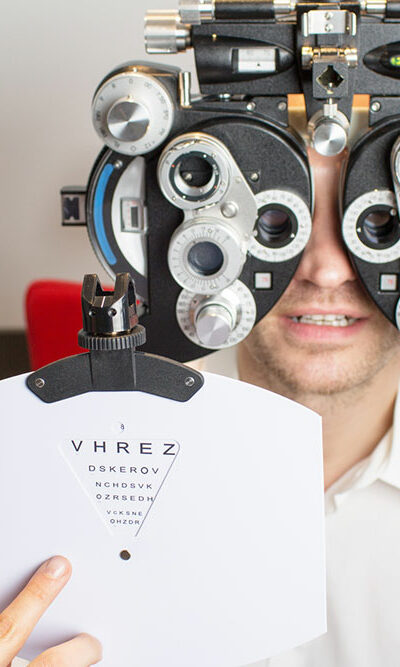
Human foods that are best for dog health
One loves pampering their pet dogs with the best of foods and treats. This often means that you may indulge in sharing some of your foods with them. But dogs have a different digestive system compared to humans. This means that some of the foods that you enjoy could actually be harmful to them. This article discusses foods that are safe for your dog and provide them with necessary nutrients. Carrots Carrots are known for their nutritional benefits for humans. They are loaded with vitamins and beta-carotene that help promote heart, eyes, and skin health. Carrots are also super good for dogs. Carrots help remove plaque buildup from your pet’s teeth, helping maintain good dental health. Their nutritional content can also help improve a dog’s immune health, promoting a shiny coat and skin. Chicken Dogs love chicken meals and chicken broth, and these foods are also healthy for them. Plain-boiled chicken is a great option for when your dog has an upset tummy. It is important to remember that you should give them this food with little to no seasonings. Popcorn Popcorn is a great snack for humans and dogs. They contain minerals such as magnesium and zinc that can help both you and your dog stay healthy. The only thing that you need to keep in mind when serving your dog popcorn is that the snack needs to be completely devoid of any butter, salt, or sugar. Ensure that you do not give them any uncooked kernels, as this can cause them to choke. While human foods act as great treats for your dog, you may want to consider dog food for all your pet’s nutritional needs. Some of the most popular brands of dog food include the following. Royal Canin Royal Canin is one of the most popular dog food brands across the globe.










